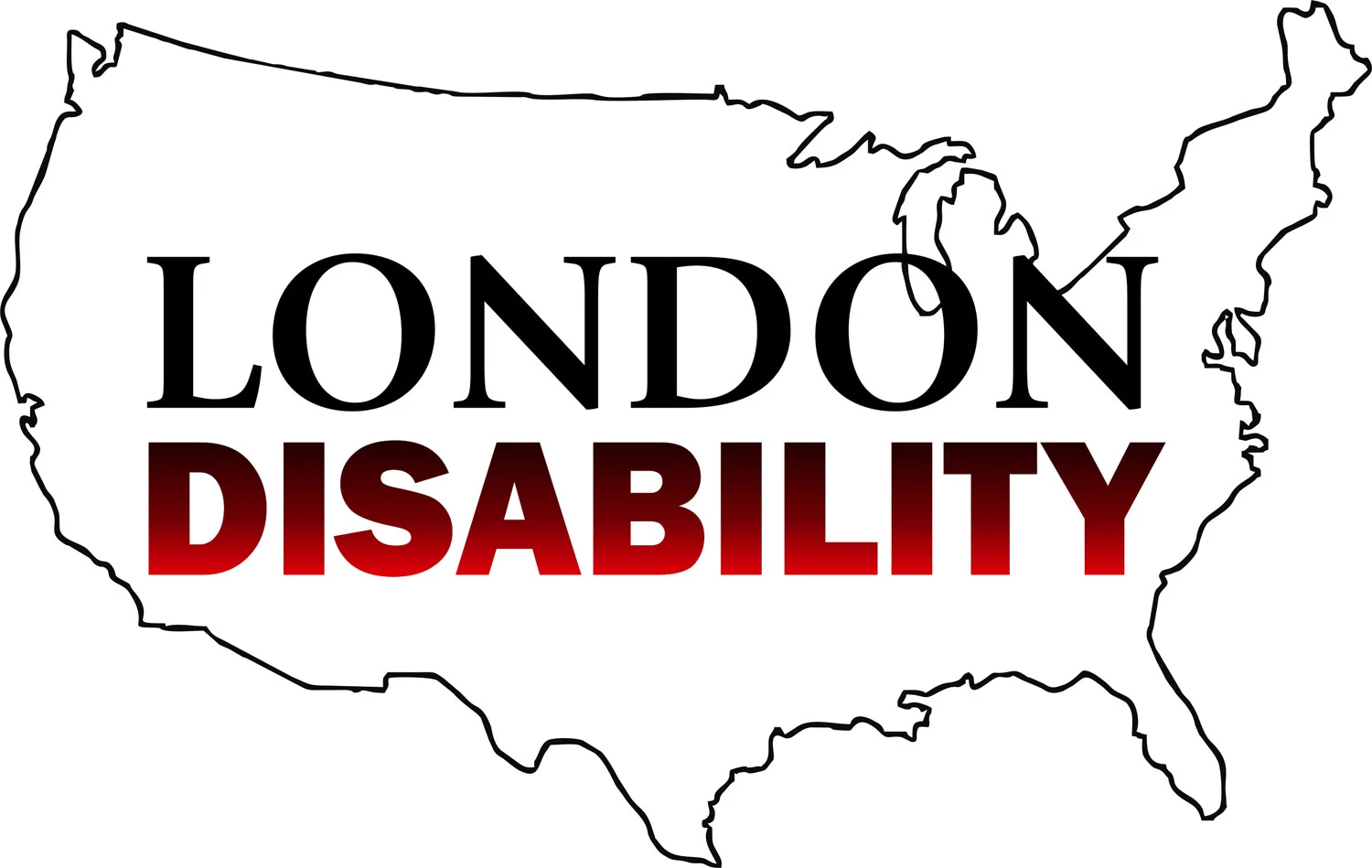
Scott Breaks Down the SSI/SSDI Application Process Live with Lady T on Bmore Lifestyle Scott Explains Common Medical Problems That Qualify for Disability with Lady T on Bmore lifestyle.
CALL FOR OUR SOCIAL SECURITY DISABILITY LAWYER FOR A FREE CONSULTATION
A free consultation
London Disability has over 25 years of experience handling Social Security Disability, SSI, and Medical Assistance cases.
Applying for Social Security Disability and SSI disability benefits can be a difficult and stressful endeavor. The professional and caring staff at London Disability are here to help guide you through the entire process. Our highly trained team will take on the burden of sorting through complicated paperwork and identifying what type of claim you should file. We will help you gather all relevant supporting documentation, manage paperwork and deadlines, and represent you through all stages of the process.
Our SSI and SSDI attorney team cares about you and what you need. Far too often, disabled people simply do not receive adequate representation, information, or care from the professionals they hire to help them. At London Disability, our Disability Attorneys, Lawyers and Representatives make sure you are well taken care of, well informed about your case and zealously represented.
We represent clients across the country in Social Security Disability and SSI disability applications, appeals, and Cases.

Asking friends and relatives for lawyer recommendations may not be the best way to find someone capable of representing you to apply for Social Security Disability and SSI disability benefits or to appeal the denial of a claim. The personal injury lawyer who helped your friend in recovering damages for a car incident may not be as familiar with federal laws and regulations pertaining to Social Security Disability and SSI disability claims as would a Social Security Disability and SSI disability lawyer.
When you have a claim for Social Security Disability and SSI disability benefits, you want a lawyer whose area of practice focuses on Social Security disability and other types of disability claims. Only an experienced and knowledgeable Social Security disability and SSI Disability lawyer possesses an understanding and familiarity with the laws, regulations and procedures to give your application and appeal the greatest chance of success.
Only an experienced and knowledgeable Social Security disability and SSI Disability lawyer possesses an understanding and familiarity with the laws, regulations, and procedures to give your application and appeal the greatest chance of success.Many lawyers advertise themselves or their firms as disability lawyers, but their websites list disability claims along with other types of cases they handle. At London Disability, our lawyers and Advocates focus exclusively on Social Security Disability and SSI disability law, including new applications, appeals, and denials.
When a claim for Social Security Disability Insurance or Supplemental Security Income is denied, you have the right to appeal the determination. You could do it on your own, but the first obstacle is learning the appeal process and what evidence and arguments are needed to overturn the denial.
A Social Security disability and SSI disability lawyer gives you a trained and experienced professional who knows the laws and regulations and the best way to present medical records and other evidence to support your appeal. At London Disability, the first thing we do is make certain that your appeal is filed on time to avoid loss of the right to challenge the determination.
Our team of SSI & SSDI attorneys carefully reviews the reason your claim was denied and prepares the best arguments with the medical and other evidence to support them. Appealing a denial of Social Security Disability and SSI disability benefits is not an easy process, but we use our experience, knowledge, and familiarity gained from successfully advocating on behalf of other claimants to aggressively fight for the Social Security Disability and SSI disability benefits that you deserve.
London Disability wants you to have easy access to a Social Security Disability and SSI disability lawyer, so we offer free consultations where you can discuss your claim with our experienced team. We also make it simple and affordable to hire us to handle your application or appeal.
We do not ask for any payment from you if you hire us to represent you. London Disability lawyers work on what is referred to as a contingency-fee basis. This means that we only receive a legal fee for our services if and when you win your disability claim and are awarded benefits.
More than 60% of applications for Social Security Disability are denied during the initial determination process. Although it is not a requirement to have a lawyer or disability advocate representing you, having one working on your behalf helps to avoid technical mistakes and omissions that may delay or defeat an otherwise valid claim.
When appealing a denial to a hearing before an Administrative Law Judge, a Social Security disability lawyer represents you and presents witnesses and evidence supporting your claim for Social Security Disability and SSI disability benefits.
A study conducted by the U.S. Government Accountability Office found that claimants who had representation at their Social Security Disability hearings were three times more likely to receive a favorable decision than people who represented themselves. One reason for the disparity may be the ability of a Social Security Disability and SSI disability lawyer to recognize complex issues and address them with sound legal arguments supported by evidence.
When appealing a denial of your claim for Social Security Disability and SSI benefits, the process goes through the following steps:
The benefit of having an SSD lawyer handling an application for Social Security Disability and SSI benefits or an appeal of a denial is having someone on your side who not only knows the regulations but also the exceptions to them that may allow you to qualify for Social Security Disability and SSI benefits. For instance, not all income or resources of an applicant or parent or spouse count toward determining eligibility for SSI. An SSI lawyer knows the rules and how to make them work in your favor.
There are many exceptions to eligibility rules that may apply to your particular situation. Schedule a free consultation with an SSD lawyer at London Disability to learn how they may apply to your application or appeal.